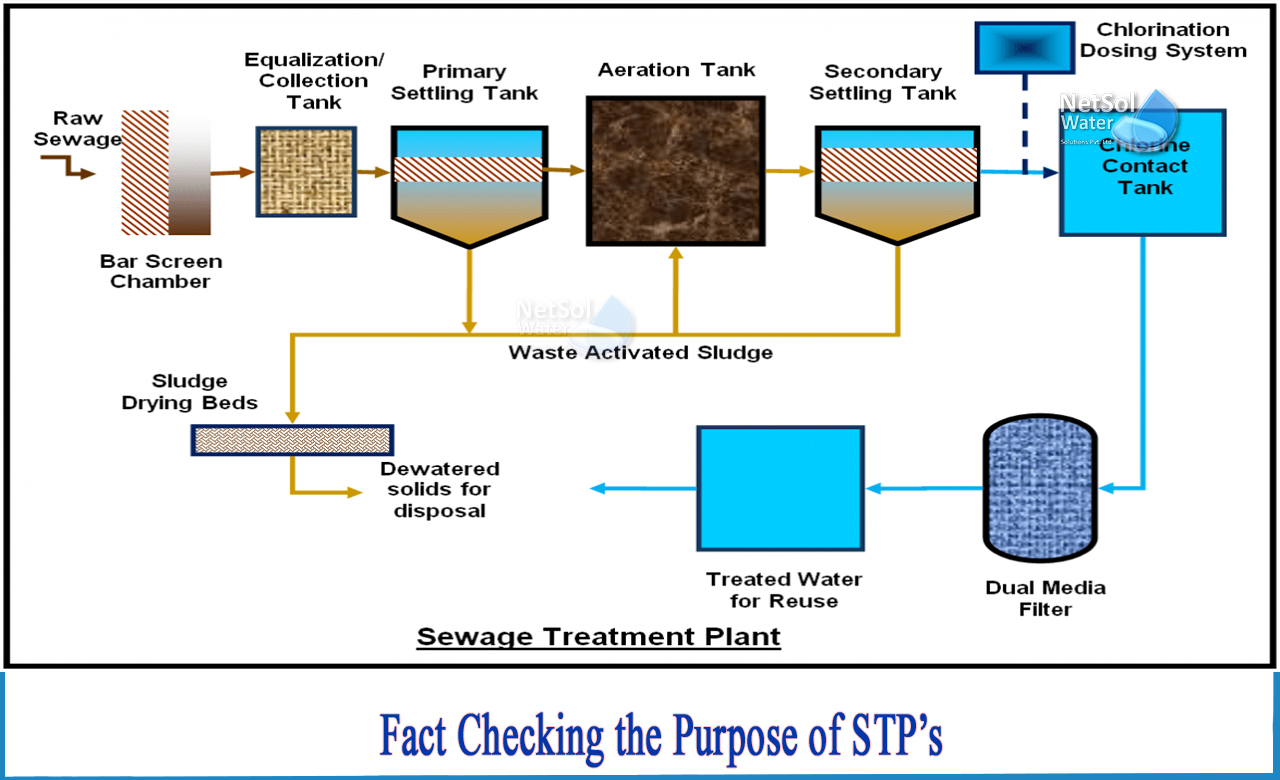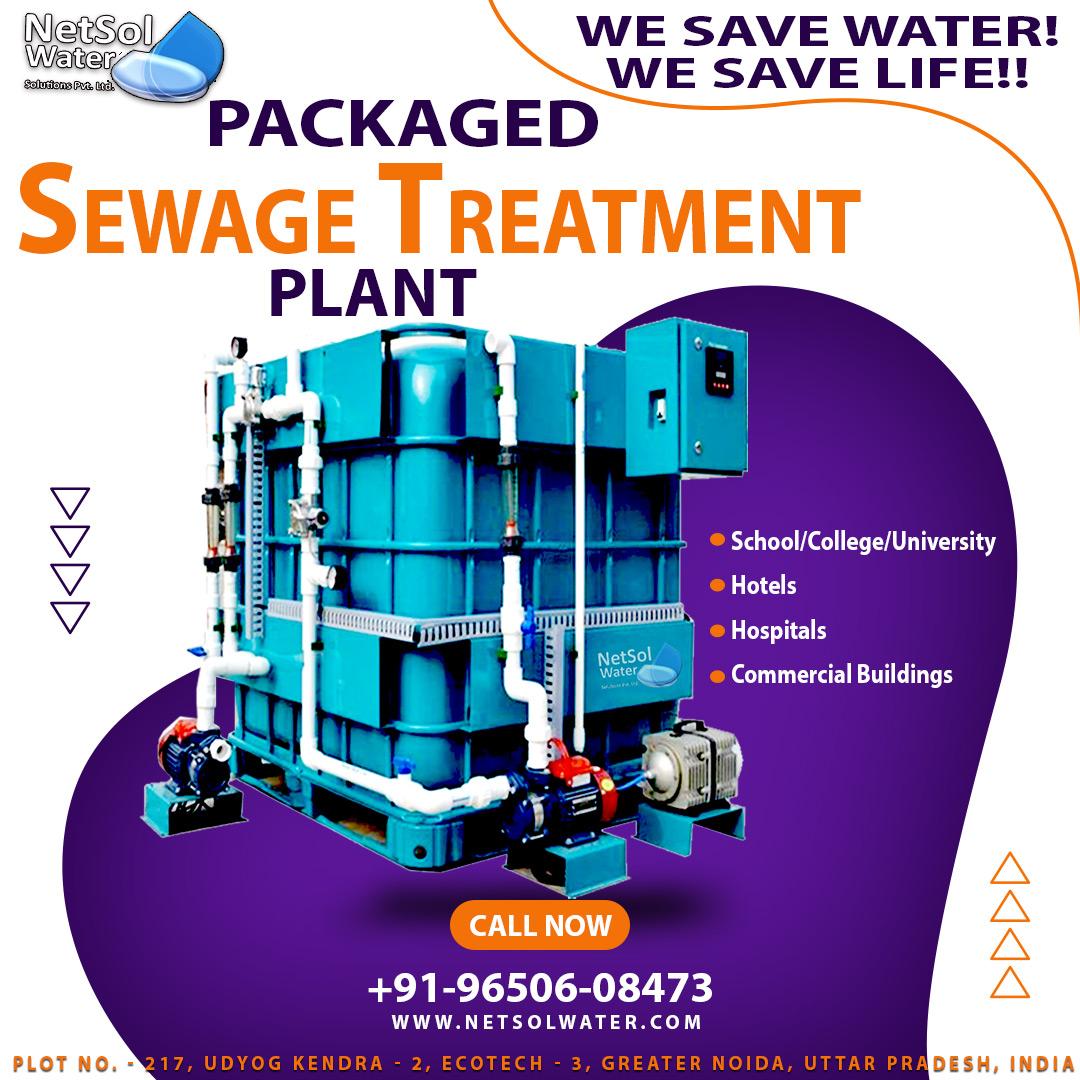What is a purpose of sewage treatment plant?
Sewage treatment facilities filter and treat wastewater/sewage, converting it to a cleaner effluent that can be returned to nature in a safer, more environmentally friendly state. They aid in the restoration of groundwater balance, the prevention of diseases, and the reduction of environmental degradation and pollution.The purified water in housing societies can be utilised for non-potable applications like gardening, car washing, building, irrigation, and toilet flushing.
Cleaner water would reduce the number of deaths caused by water-borne diseases, have a lower environmental impact from pollution, and, on a much smaller scale, no house would have to pay for water tankers because there would be an abundance of groundwater on macro scales and reusable water at community levels.
STP norms and guidelines by the government:
Housing projects larger than 20,000 sq. m in metro centres like Mumbai are given approval on the condition that they treat solid waste in-house, making private STPs necessary. The builder, on the other hand, is responsible for the installation at the design level and is also expected to maintain it for five years after occupants have occupied it.
Since 2015, sewage treatment standards have been lowered, renewed, and then cancelled until they were finally made tougher in 2019. Here's a quick rundown of what's going on.
The Central Pollution Control Board imposed severe regulations on effluent discharge in 2015, limiting the quantity of pollutants that could be discharged back into aquatic bodies. The rules were loosened in 2017, allowing for higher amounts of pollutants. Meanwhile, research conducted by IIT Kanpur, IIT Roorkee, NEERI, and the CPCB found that diluted rules harmed river water quality. The National Green Tribunal (NGT) repealed the relaxed regulations in 2019, reinstalling stricter restrictions for treated wastewater.
New and existing STPs in mega and metro cities must now adhere to the revised standards outlined below:
>Total Suspended Solids – 10mg/L
>BOD (Biochemical Oxygen Demand) level – 10mg/L
>pH value – 5.5-9.0
>10 mg/L nitrogen
>Chemical Oxygen Demand (COD) – 50
>Coliform faeces - 230 micrograms per 100 millilitres
Why is it necessary to treat sewage?
In metropolitan areas, water management and treatment is a dystopian nightmare. Untreated sewage is the leading cause of water pollution in India, accounting for 70-80 percent of total sewage in a nation with a population of 135 billion people.In a number of cities, current treatment capacity remains underutilised, while a large amount of sewage is released without treatment in the same city, according to a report by the Central Pollution Control Board. According to the government's inventory, India has less than a thousand sewage treatment plants.
The billions of gallons of sewage and wastewater created every day would overwhelm nature if we let it back into the environment without treating it. Pollutants are decreased to a level that is considerably more tolerable for the environment by treating it.We would be endangering the ecosystem and our own health if we had untreated water floating about in our rivers. Many diverse animals and plants reside in our rivers, lakes, and oceans, and their survival may be jeopardised if they do not have access to clean water.Without sewage treatment, it would have an impact on both wildlife and humans. Swimming or playing in the water would no longer be safe since it could transmit diseases that are hazardous or even life-threatening.
Therefore, it is necessary to treat waste water before disposing it off in rivers or any other water sources.




